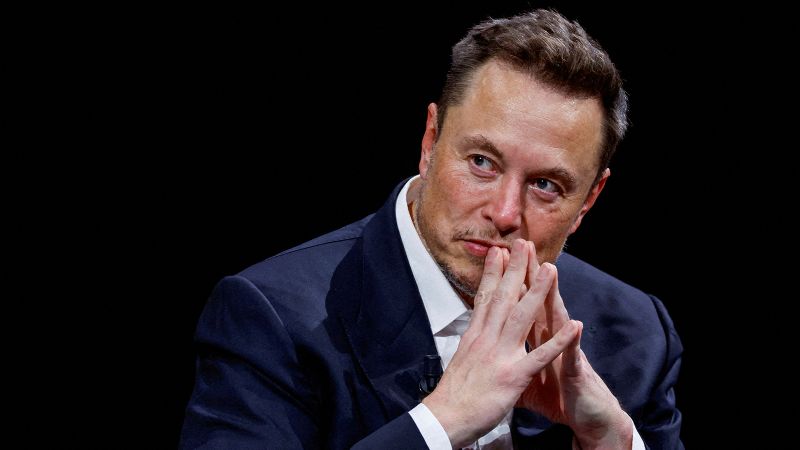Two influential advisory firms have raised concerns about Elon Musk’s $51 billion pay package and his numerous side projects. Institutional Shareholder Services (ISS) called the package “excessive” and noted that shareholder concerns have not been sufficiently mitigated since it was first approved in 2018. Despite recognizing Tesla’s growth and profitability, ISS stated that the pay package was considered outsized from the start and failed to accomplish certain of the board’s stated objectives, including focusing Musk more closely on Tesla rather than his other businesses.
Glass Lewis, another prominent advisory firm, published a 71-page report criticizing the size of the compensation plan and warning about Musk’s slate of extraordinarily time-consuming projects unrelated to Tesla, such as X, formerly known as Twitter. Musk responded to the Glass Lewis report by dismissing it, stating that the firm omitted key considerations, used faulty logic, and relied on speculation and hypotheticals. Musk urged shareholders to approve the pay package and the board’s proposal to move Tesla’s headquarters to Texas from Delaware, where Musk also operates SpaceX.
The decision to move Tesla’s headquarters to Texas, where SpaceX is also located, came shortly after a Delaware Chancery Court judge sided with Tesla shareholders who challenged the legality of the 2018 pay package. These shareholders argued that the directors on Tesla’s board were not truly independent and were too close to Musk to protect shareholder interests. The same 2018 package is being put up for a revote at Tesla’s annual shareholder meeting on June 13, despite these ongoing concerns and legal challenges.
The controversy surrounding Musk’s pay package and side projects raises questions about transparency, corporate governance, and shareholder interests at Tesla. The pushback from advisory firms and shareholders highlights the importance of oversight and accountability in executive compensation decisions and strategic business decisions. The outcome of the upcoming shareholder vote on the pay package and headquarters relocation will be closely watched by investors, regulators, and the public as a test of Tesla’s commitment to good governance practices.
Musk’s significant influence over Tesla, as both CEO and largest shareholder, has fueled concerns about potential conflicts of interest and the need for independent oversight. The criticism from ISS and Glass Lewis underscores the challenges of balancing CEO compensation with shareholder value and company performance. As Tesla continues to grow and expand its operations, these governance issues will likely remain a key focus for investors and stakeholders seeking to ensure the long-term sustainability and success of the company. The outcome of the upcoming shareholder vote will be a critical moment for Tesla and Musk to demonstrate their commitment to effective governance and responsible leadership.


